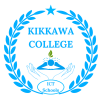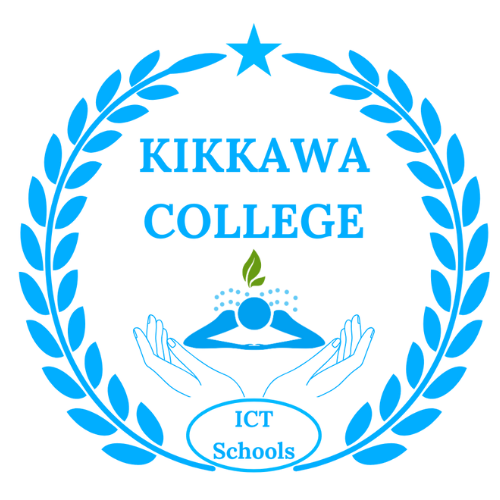Introduction
Behind every doctor’s note and diagnostic test is a series of billing codes that translate medical care into financial records. Without these codes, healthcare providers wouldn’t get paid, and patients wouldn’t understand their claims. Medical billing and coding is a critical skill—and a career path in itself—within healthcare administration. ICT Schools’ Medical Office Administration Diploma prepares students to handle billing with precision, accuracy, and a clear understanding of Canadian healthcare systems.
Understanding the Billing Process
In Ontario, most health services are paid through OHIP (Ontario Health Insurance Plan), while others go through private insurance or direct payment. MOAs are responsible for:
- Assigning diagnostic and procedure codes (ICD-10, CCI)
- Submitting claims through medical billing software
- Ensuring documentation matches the care provided
- Resolving claim rejections or disputes
- Verifying patient coverage and eligibility
A single billing error can result in claim denials or legal liability, so attention to detail is crucial.
Training at ICT: Billing and Coding Curriculum
The Medical Office Administration Diploma includes focused modules in:
- Medical Terminology: Understanding clinical language to apply the correct codes
- Healthcare Billing Systems: Using Accuro, OHIP e-claims, and third-party portals
- Insurance Types: Navigating provincial health plans, WSIB, private insurers, and extended benefits
- Legal and Ethical Considerations: Ensuring accuracy and fraud prevention in documentation
Students practice coding real case scenarios to build confidence and speed.
Hands-On Practice
ICT’s simulation labs give students real-world scenarios such as:
- Entering a complex billing record for a multi-visit patient
- Fixing rejected claims with incomplete diagnosis codes
- Working with multiple payers (OHIP + third-party insurance)
- Communicating with patients about billing concerns and payment options
This immersive training prepares students for the pressures of real office work—where claims need to be submitted daily.
Career Opportunities in Billing & Coding
Graduates of the program can pursue careers as:
- Medical Billing Specialist
- Claims Processor
- Insurance Coordinator
- OHIP Billing Clerk
- Healthcare Finance Assistant
Some graduates even go on to specialize in remote medical billing, offering services to clinics across Canada from home.
Conclusion
Medical billing and coding may happen behind the scenes—but it’s central to the financial health of every clinic and hospital. ICT’s Medical Office Administration Diploma teaches students how to manage this vital responsibility with accuracy, professionalism, and confidence. If you’re detail-oriented, organized, and interested in the business side of healthcare, this could be your ideal role.






